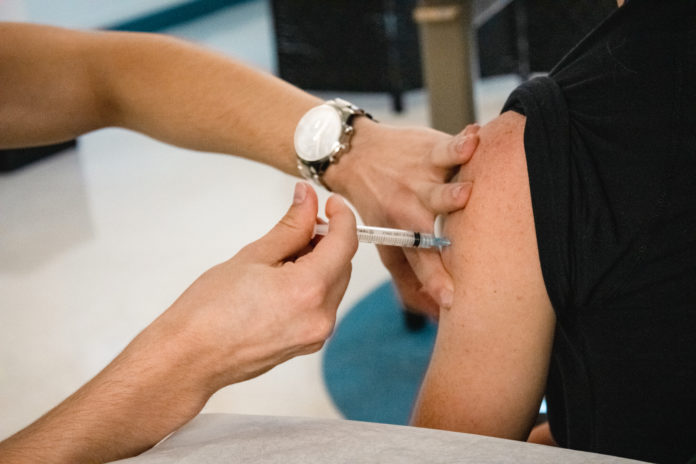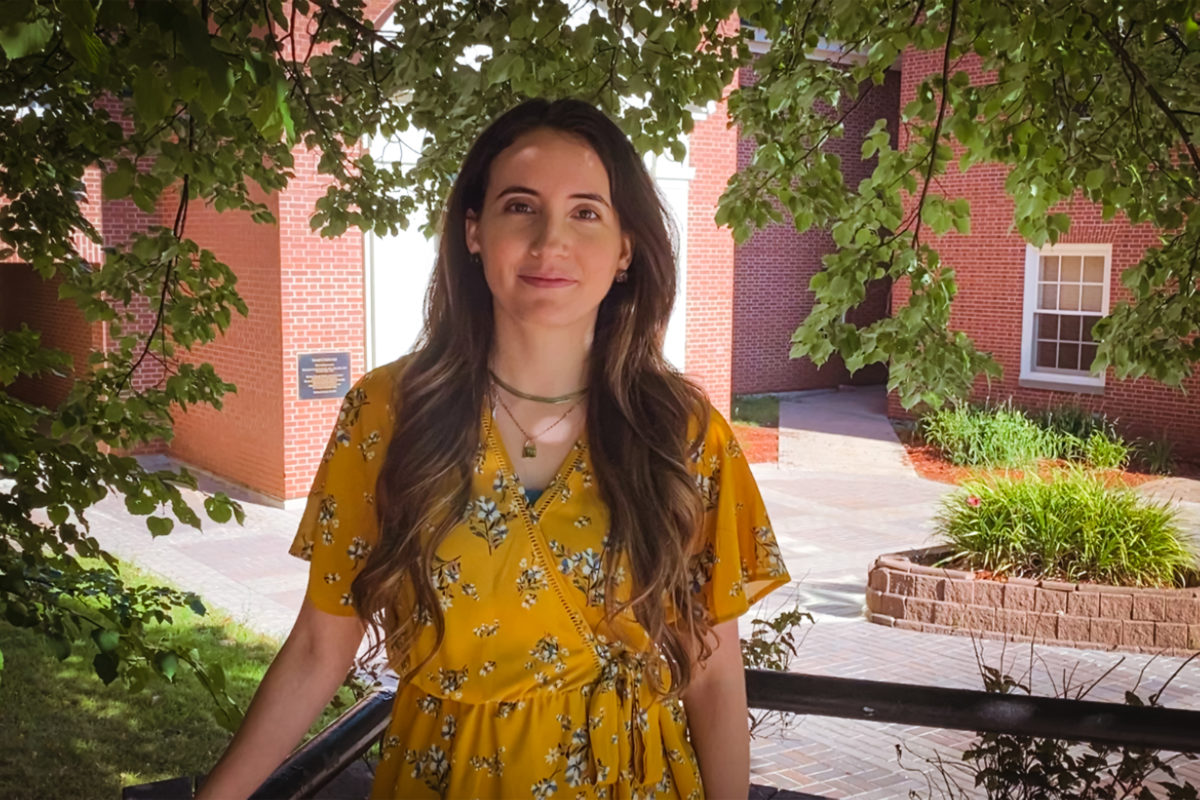
Peru started their COVID-19 vaccination campaign in the middle of corruption scandals and distribution irregularities. The first batch of Sinopharm vaccines arrived on Feb. 8 to immunize healthcare personnel, but some government officials, including former president Martin Vizcarra, received the vaccine secretly last October.
Camila Vásquez is a Peruvian graduate from St. Thomas University and works in STU’s International Admissions Office. She said she started reading about the vaccine scandal in Peru after seeing a few articles about Vizcarra sneaking the vaccine and another man bringing his daughter from Europe to vaccinate her early.
“I never had extreme high hopes of how things are carried out in Peru,” said Vásquez. “I don’t have high hopes when it comes to Peruvian politicians, but this was next level.”
Vásquez said the most disappointing part of the situation was that since there was a relatively new cohort of politicians because of the ousting of Vizcarra, the attempted coup and then the new elected president, Peruvians were already disappointed.
“I think we are used to disappointment when it comes to politics, but that is a lot of disappointment in such a small amount of time,” she said.

She said it was heartbreaking to see that people in power would put themselves before first-responders, nurses, doctors and people who are dealing directly with COVID-19 patients.
Essential workers in Peru
Dr. Alfredo Merino, from the emergency unit in the San Pablo Clinic, was the second doctor in Huaraz vaccinated on Feb. 10. His clinic received 54 doses and they prioritized first-responders, which included nurses, doctors and cleaning staff.
He said he got the vaccine early in the morning along with his team and experienced no side-effects besides a light headache.
But Merino said that the other hospital in the city got the vaccines two days later.
“I am not sure why that happened. The Health Ministry probably made a mistake, but mistakes in times like these are unacceptable,” he said in Spanish.
Dr. Úrsula Tambini, a first-responder and triage specialist at Hospital Nacional Hipólito Unanue, received the vaccine on Feb. 11 after an “unpractical” waiting list.
Her hospital decided that everybody would receive the vaccine in alphabetical order, including the staff that doesn’t work in close proximity to the virus. While waiting, they had to continue working.
“My last name starts with a T, so even though I am one of the first people an infected patient interacts with, I was one of the last doctors to get immunized,” she said in Spanish.
Dr. Silvana Chang, a surgeon from Hospital Dos de Mayo in Lima, received the vaccine on Feb. 13 and did not experience any irregularities in the process.
She was vaccinated after the front-line workers at the hospital and had no complications in the days after.
Chang said she lost 14 co-workers to the virus and the vaccine made her feel safer.
“I know this is not an absolute solution, but now we have an extra layer of protection. I was excited for this day,” she said in Spanish.
But on Feb. 11, her excitement disappeared when an investigation confirmed a list of 487 people that got the vaccine back in 2020, including former president Martin Vizcarra and former ministers Pilar Mazzetti and Elizabeth Astete.
“This is so frustrating. You try to tell me politicians had the vaccine all this time while my colleagues and I got sick?” Merino asked.
The list included high-ranked politicians, their family members, researchers from Cayetano Heredia University and even a restaurant owner.
Sinopharm allegedly sent a “courtesy” batch of 3,200 doses and politicians used them to immunize themselves and their families, according to GMA News.
“I am disappointed,” Chang said, “I hope we get to the bottom of this.”
Upcoming elections
Pierina Rivas, a Peruvian second-year student at STU, hopes the investigation continues until everything is cleared up, but she doubts the people involved will suffer real consequences.
“It is likely that these politicians will pay under the table to avoid being convicted or to change their sentences,” she said in Spanish.
Rivas is disgusted by the scandal. She said the government officials that benefited from the early vaccine were supposed to be role models for Peruvians but they took advantage of their power.
Vásquez said all of the chaos from this year is likely going to make Peruvians even more disillusioned with politicians. She said it’s going to influence who they vote for or if they vote at all in the elections next April.
What Peruvians need right now is stability, said Vásquez.
“I hope we get politicians who care and want to move the country forward,” she said. “We can leave the corruption behind and we can move into more stability. I think everyone needs that.”
